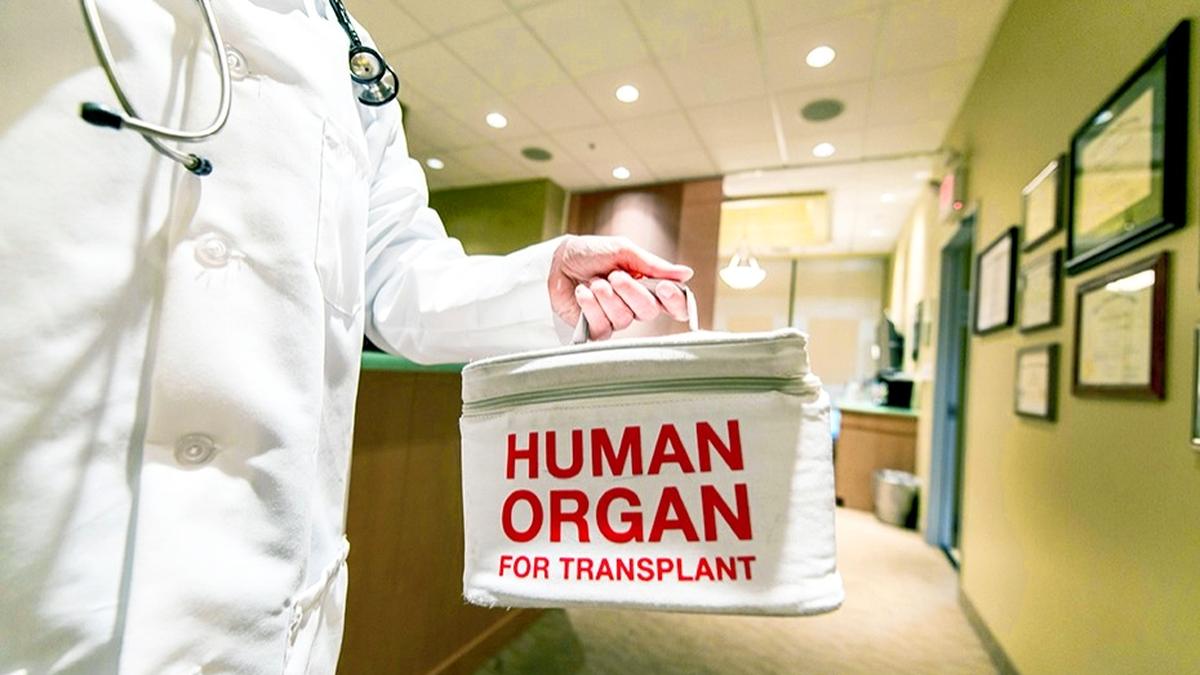Now Reading: Reconstituted Panels to Review Donor-Recipient Connections
-
01
Reconstituted Panels to Review Donor-Recipient Connections
Reconstituted Panels to Review Donor-Recipient Connections

Quick Summary
- Tamil Nadu has reconstituted Authorisation Committees for granting approvals for living donor organ donations and transplants at State and district levels.
- The committees will verify the relationship between donor and recipient, ensure donations are altruistic, and address possible coercion by interacting with relatives or friends.
- Inquiry into illegal kidney transplants in Pallipalayam, Namakkal led to recommendations to form new State-level and four regional committees.
– State committee chaired by Director of Medical Education & research; members include Deputy Commissioner of Police (HQ) and a woman doctor representative.
– Regional district-level committees: Chennai (Madras Medical College), Thanjavur (Thanjavur Medical College), Coimbatore (Coimbatore Medical College), Madurai (madurai Medical College).
- Authorised hospitals must verify health conditions, identity/address of donors/recipients.
- NGOs may be empanelled for pre/post-operative counseling; until then,chairpersons will mobilize teams for educational efforts regarding transplantation processes.
- Independent labs approved by the Directorate of Medical & Rural Health Services will conduct human Leukocyte Antigen matching; interim arrangements involve CM’s Complete Health Insurance Scheme-approved hospital labs.
Indian opinion Analysis
The reconstitution of Tamil Nadu’s Authorisation Committees represents a meaningful step toward ensuring ethical practices in organ donations and transplantations. By addressing past concerns around illicit transplants through more stringent verification procedures-such as assessing donor-recipient relationships, mental planning, independent antigen testing requirements-the process aims to eliminate coercion while enhancing transparency.
The addition of region-specific committees ensures localized oversight that could streamline decision-making. However, challenges might arise during implementation due to resource constraints in areas like NGO coordination or standard laboratory empanelment. This initiative underscores the need for robust institutional frameworks that protect vulnerable donors while building public trust in healthcare practices.
Read More: Link






















